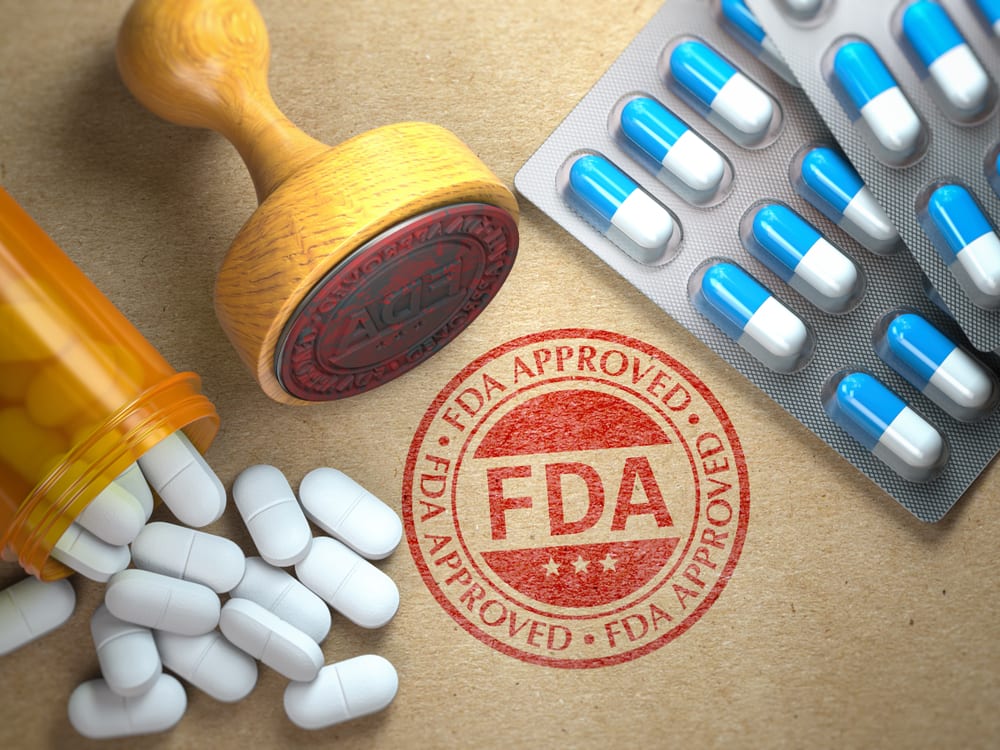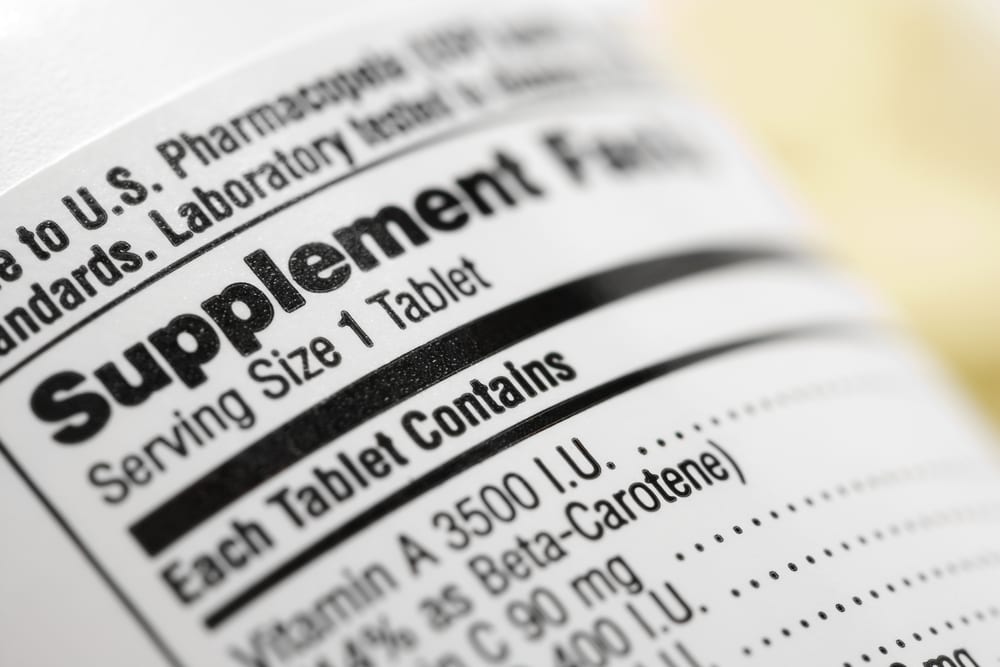
One of the most common questions in the supplement industry remains, that is, whether you need to have FDA approval to sell supplements? The FDA, or Food and Drug Administration, is responsible for regulating both dietary supplements and their ingredients.
The agency has a special set of regulations under DSHEA, the Dietary Supplement Health and Education Act of 1994. However, the evaluation comes after a certain product enters the market.
Simply put, you don’t have to acquire direct permission from the FDA. Yet, certain rules and regulations apply in a roundabout way.
What Are Dietary Supplements?

First of all, you need to understand the different types of dietary supplements. To be more exact, the term applies to any product that contains a dietary ingredient and can be consumed by mouth. This includes vitamins, minerals, amino acids, herbs, botanicals, and any other product that can be added to a particular diet.
Furthermore, supplements might be found in different forms including liquids, tablets, capsules, powders, or energy bars. As a customer, you can find the products both online and in-store. But, as a seller, you must understand the importance of proper labeling, as it’s the only way to preserve the safety of your clients.
The Responsibility of a Manufacturer

In general, you have two possibilities when it comes to selling supplements. You can either produce the products yourself or source out to a third party, also known as contract manufacturing. If you decide to leave the production process to a certified partner, you won’t have to worry about any regulations on that part.
However, if you decide to produce the supplements, you will be responsible for the safety of your products. More exactly, you should provide evidence that the claims of any other representations regarding your merchandise are not false or misleading.
Registration
Under the Bioterrorism Act of FDA, manufacturers need to register themselves before they produce or sell supplements. More exactly, FDA has published comprehensive regulations for Current Good Manufacturing Practices back in June 2007.
The specifications refer to practices that ensure the identity, purity, quality, strength, and composition of supplements and apply to anyone who manufactures, packages, or even holds dietary supplements.
Dietary Supplement Labels

The label of a dietary supplement must include the following information:
- A clear identification that the product is a ‘Supplement’
- Name and address of the manufacturer, packer, or distributor
- Net contents of the supplement
- Nutrition labeling in the form of ‘Supplement Facts’, except for some small volume products
When it comes to dietary supplements, all ingredients must be included in the label. So, if an ingredient is not listed in the ‘Supplement Facts’, it must be specified in the ‘other ingredients’ section.
At this point, you must pay close attention to the FDA structure/function label claims. Remember that it is essential to follow these guidelines on both your label and your website.
The Safety of a Dietary Supplement
As mentioned before, a firm doesn’t need approval from the FDA before they market a product. Unlike drug products, supplements don’t undergo testing to prove safe or effective before marketing or reaching the consumer. Thus, the seller has complete responsibility for the safety of its products.
The only exceptions are supplements labeled as “new dietary ingredients”.
New Dietary Ingredients

DSHEA, the above-mentioned act of 1944, stipulates new dietary ingredients as a separate type of substance. More exactly, the term refers to a dietary ingredient that was not sold in the US before October 15, 1994.
Thus, new dietary ingredients are subject to different laws and regulations. These supplements must be reviewed and approved before they reach the market. New dietary ingredients impose additional responsibility to the manufacturer to provide the evidence it relies on the safety and effectiveness of its products.
For example, if you are willing to incorporate a new dietary ingredient in your supplement products, you must demonstrate to FDA why it is effective and prove that it’s safe. However, there is no authoritative list of the ingredients that were marketed before October 15, 1994. So, as a manufacturer or a distributor, you will have to determine this issue yourself.
FDA’s Role in Dietary Supplements Regulation

The role of the FDA comes after a product is marketed, except for new dietary ingredients. More exactly, the FDA should determine if a product is unsafe. Then, it can take action to either restrict or completely remove a certain supplement from the market.
Furthermore, the FDA doesn’t keep records of the manufacturers or distributors and their products. So, if as a customer, you are interested in a specific product, you need to contact the company that sells that supplement. Many clients believe that the FDA keeps track of the products they have approved, but this is not the case.
The FDA constantly monitors the market to detect potential illegal products including false or misleading information or labeling. The agency obtains this information by inspecting the manufacturers and distributors, occasional laboratory analyses, consumer and trade complaints, adverse events, and even the Internet.
Reports of Serious Adverse Events
When it comes to reports of serious adverse events, the selling company is obliged to record, investigate, and forward to the FDA any information associated with the use of their products. Thus, if a customer has reported to the manufacturer or distributor directly, this evaluation must be transferred to the FDA.
Then, they need to evaluate the report by the customer to identify whether the product imposes safety risks. Apart from consumers, the FDA also receives these complaints by healthcare providers or even obtains them on their own.
After all, the FDA is responsible for taking action against any adulterated or misbranded dietary supplement.
Conclusion

So do you need FDA approval to sell supplements? As a supplements seller, you are not obliged to get approval directly from the FDA.
Anyhow, you are responsible for the labeling and safety of your products. Also, you need to inform the agency for any reports of serious adverse that you have received from your clients or healthcare providers.
Manufacture Your Supplements With SMP Nutra
Looking to start selling supplements? Having high-quality supplements is crucial to the success of this venture. SMP Nutra is a leading supplement manufacturing facility that can manufacture any type of supplement.
We are capable of producing capsules, softgels, tablets, gummies, and more. We also offer design services to make your supplement look professional and attractive.

